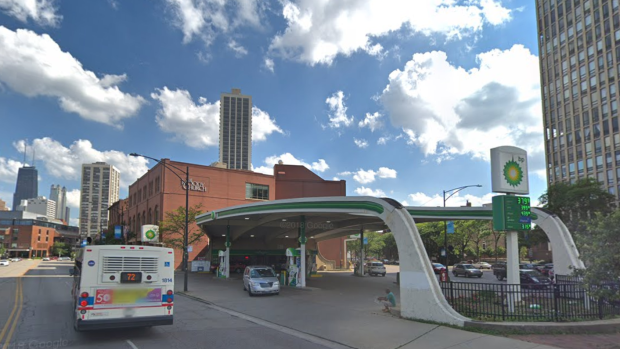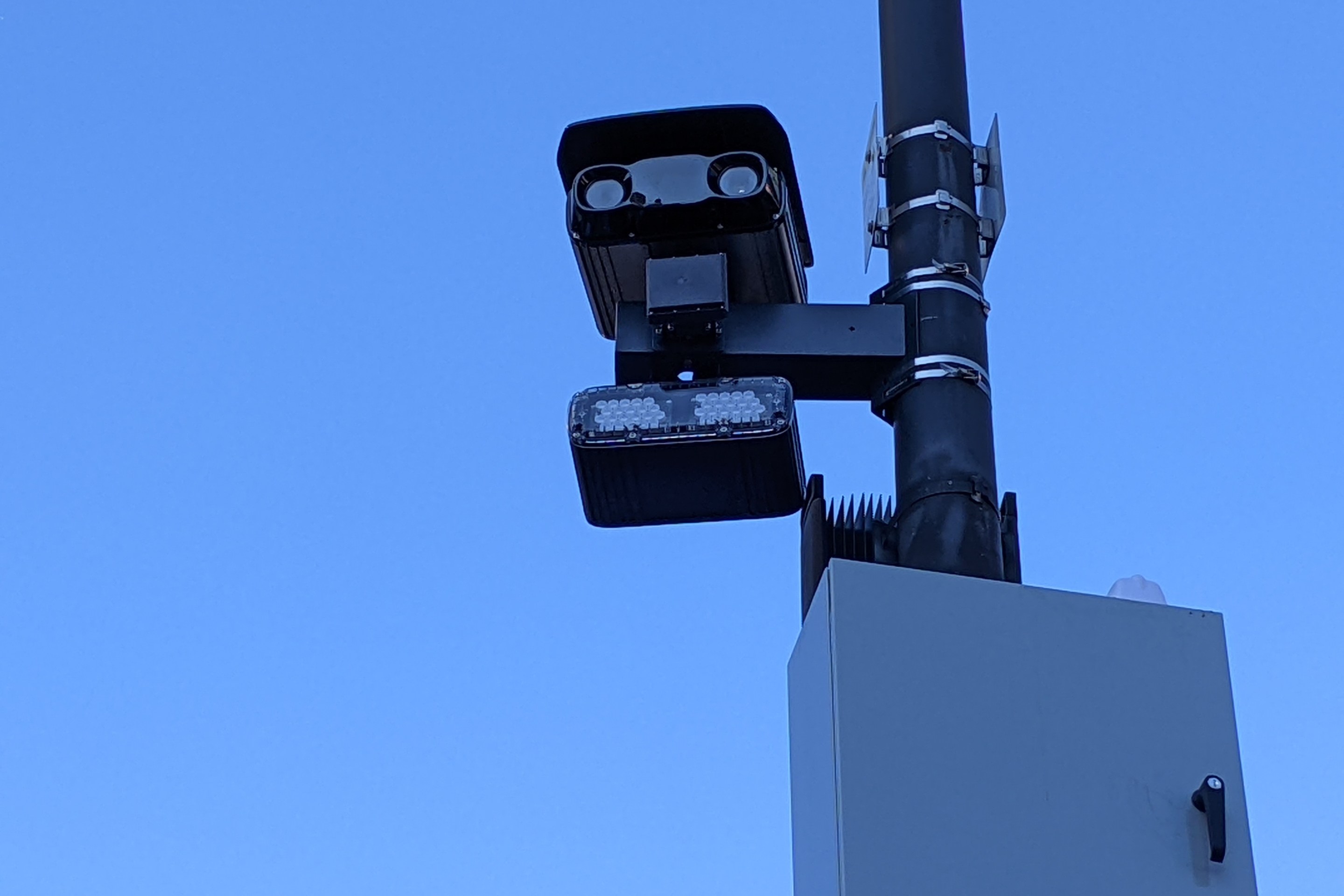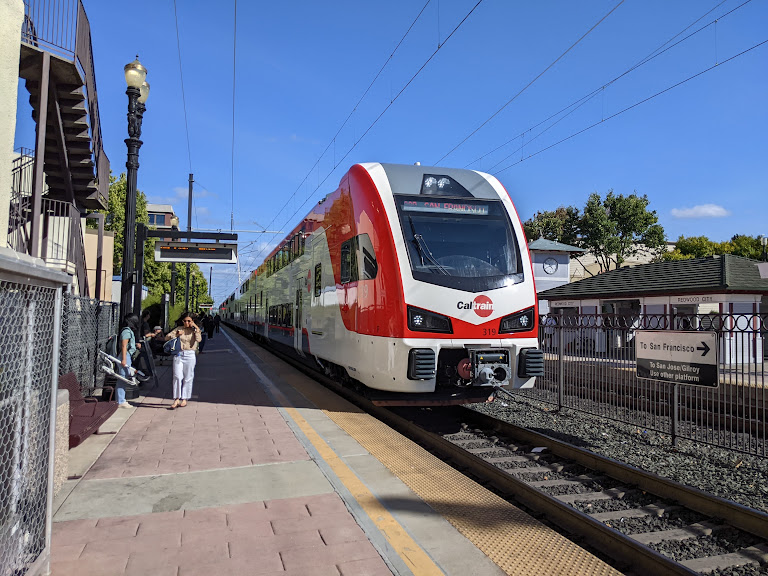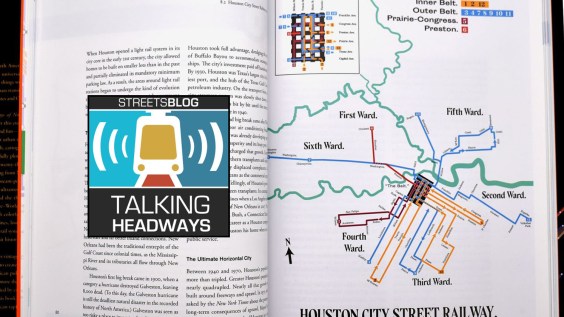
Mayor Lori Lightfoot is basically facing a no-win scenario as she finalizes Chicago’s 2021 budget. Largely due to the COVID-19 shutdown, the city is facing a projected $1.2 billion deficit. She needs to address that, but whatever programs or city jobs she cuts, or taxes and fees she raises, some faction is going to be angry.
Some of the unpopular options Lightfoot is considering include a $94 million property tax raise, according to a report from WGN’s Tahman Bradley. The owner of a $250,000 home would pay an extra $56 a year. The mayor may also eliminate a thousand job vacancies and lay off hundreds of employees.
While Lightfoot has resisted calls from activists to reduce overall funding for the Chicago Police Department, vacant CPD jobs would go unfilled. The mayor also may tap into city reserves and refinance $500 million in debt. “We are looking at a range of different tools because of the enormity of this budget gap requires us to look at a number of different options,” she said.
One of Lightfoot’s funding ideas that might actually have an overall beneficial effect for Chicagoans is raising the city gas tax from five cents a gallon to eight cents.
The budget approved last year included increased fees on parking meters and ride-hail. Those were good strategies to better align the price of parking with the societal costs of driving, and help stop Uber and Lyft from cannibalizing CTA ridership. $2 million a year from the ride-hail tax revenue was earmarked for transit improvements.
But a city gas tax hike is sure to be controversial. The Illinois infrastructure bill passed last year in Springfield included doubling the state gas tax, which had been stuck at a flat 19 cents a gallon for two decades, to 38 cents, and indexing it for inflation so that the revenue won’t lose buying power in the future. That was a sensible ways to to raise money and reduce vehicle miles traveled, since car-based travel has many impacts on safety, health, and lost productivity, but many motorists surely weren’t happy about paying more at the pump.
Some groups have already blasted the city gas tax hike as inequitable. “It is immoral to raise property and gas taxes on poor people while using TIF dollars to subsidize luxury office developments,” argued the group United Working Families in a statement yesterday.
It’s not clear whether it would be possible to reallocate any of the tax-increment funding approved for, say, the Lincoln Yards upscale megadevelopment. But there’s certainly an argument to be made that gas tax hikes are inequitable because they’re flat taxes — everyone pays the same amount, whether you’re hedge fund billionaire Ken Griffin, or the person who cleans his office.
On the other hand, the proposed Chicago gas tax hike probably wouldn’t be a major hardship for many residents, since it would only amount to about a 45-cent increase on the cost of filling up an average-size car. That’s less than a fifth of the cost of a single ‘L’ ride, and poor people in Chicago are more likely to ride transit than drive.
Moreover, making driving a little less attractive could help mitigate a dangerous spike in driving as many middle-class-and-wealthier Chicagoans avoid the CTA during the pandemic. Although city officials recently said transit doesn’t appear to be a major source of spread thanks to cleaning procedures, social distancing, and mask use, many residents who can afford to drive instead are doing so. For example, a new Chicago Loop Alliance report found that while while downtown pedestrian activity is still at only about a quarter of normal levels, driving is almost back to pre-pandemic levels.
If this trend continues, we’ll soon see more driving than ever before, which will mean increased traffic congestion, pollution, and crashes, issues that disproportionately impact lower-income Chicagoans. Raising the city gas tax a few cents a gallon might help discourage unnecessary car trips while addressing the budget shortfall, without causing undue fiscal pain for residents, so it seems to be a good strategy overall.
City Council will hold hearings on the budget over the next few weeks, with a final vote in mid-November.






